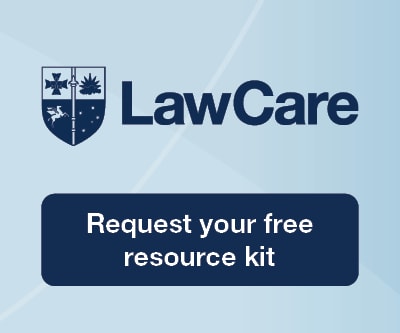Lawyers' ethics are principles and values which, along with conduct rules and common law, regulate a lawyer's behaviour. They act as a guide to ensure right conduct in the daily practice of law.
What makes lawyers so different?
Lawyers occupy a critical and sensitive place in the functioning of a society governed by the rule of law. This is why the practice of law is so much more than a business or an industry and why lawyers are required first and foremost to be officers of the Court and to prove that they are 'fit and proper' to hold such an office. The way lawyers conduct themselves directly impacts on public confidence in the profession and more broadly, in the administration of justice. For this reason lawyers have a duty to encourage public confidence in their profession. This means maintaining the highest of ethical standards and always acting in the best interests of a client and the community.
Where do lawyers' ethics come from?
Lawyers’ ethics, or "legal ethics", is a mixture of:
- Extrinsic controls - such as the Australian Solicitors Conduct Rules 2012 ('ASCR') and the Legal Profession Act 2007 (Qld).
- Intrinsic controls - personal values and those principles of honesty, courtesy, loyalty and competency that have long been regarded by the profession itself as representing the best standards of ethical, professional practice.
- Common law - as stated most often in disciplinary hearings (see for example the Queensland Legal Services Commission Discipline Register).
These three strands are not entirely separate. The ASCR attempt to articulate those ethical principles and values that the profession believes constitute right conduct.
Common law gives the authority of the State to those values and moral principles that the community holds to be right. Fundamental to the rules, legislation, personal values or common law are key principles like honesty, civility, loyalty and competency. These principles are the fabric of society and they inform and enliven the duties all lawyers owe to the Court, their clients, other lawyers and to the community itself
Using your informed discretion
Ethical decision-making will always involve a degree of discretion. Only you can determine how the principles and rules apply to the situation you face. Use the tools to help ensure any discretion taken is well informed. The Queensland Law Society can also be contacted directly to provide additional assistance.
Key tools include:
- The Deliberative Model, provides a step-by-step process for thinking through an ethical problem.
- The Resources section provides answers to the most common questions we receive from lawyers.
Can't find what you need?
If you are a lawyer and would like to speak to a QLS Ethics Solicitor you can call 07-3842 5843 or email ethics@qls.com.au This service is free to QLS members and is confidential. If you are not a lawyer but would like information on complaints handling and disciplinary matters you will find this on the Legal Services Commission website.


